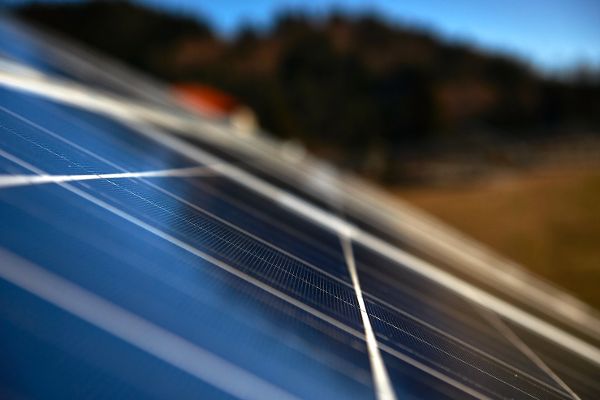Every euro must have an effect: Climate and energy subsidies are being realigned

With a climate and energy policy study, Climate Minister Norbert Totschnig, State Secretary for Energy Elisabeth Zehetner and State Secretary for Debureaucratisation and Deregulation Sepp Schellhorn are initiating a realignment of climate and energy subsidies.
4 key questions are at the centre of the study
Within the framework of the reform process, climate and energy subsidies are to become more efficient. An independent institute will be commissioned to build on the existing evaluations and to comprehensively analyse the funding landscape. Four key questions are at the centre of this:
- Which climate and energy subsidies contribute to achieving the EU legal climate targets and reach and have a targeted effect?
- Which of these subsidies save CO2, provide incentives for a change in behaviour, create value added and at the same time secure jobs?
- Which contribution do support measures make to reducing energy import dependency and to strengthening security of supply?
- How much CO₂ was saved per euro invested?
Strategic realignment: Simpler, more efficient, more transparent
The aim of the realignment is to create a climate and energy policy that is simpler, more efficient and more transparent and is based on three fundamental principles:
- Affordability and planning security for households and businesses
- Security of supply in times of global uncertainty
- Ecological effectiveness for a climate-neutral future
The review includes key support modules such as
- Climate and Energy Fund (KLIEN)
- Domestic environmental subsidisation (UFI)
- Subsidies under the Renewable Energy Expansion Act (EAG)
- Refurbishment offensive
The funding structure itself is also scrutinised: Presently the handling takes place via different bodies according to different criteria and accesses - a reform approach is clear: less complexity, more effect, clear competences.
Facts until summer - next stage of reform in preparation
The results of the review should be available by summer 2025 and serve as a basis for the further development of climate and energy policy. The principle is clear: "We need more impact when it comes to funding. This is about targeted investment in Austria's future as a business location - with clarity, efficiency and responsibility", emphasise Totschnig, Zehetner and Schellhorn in unison.